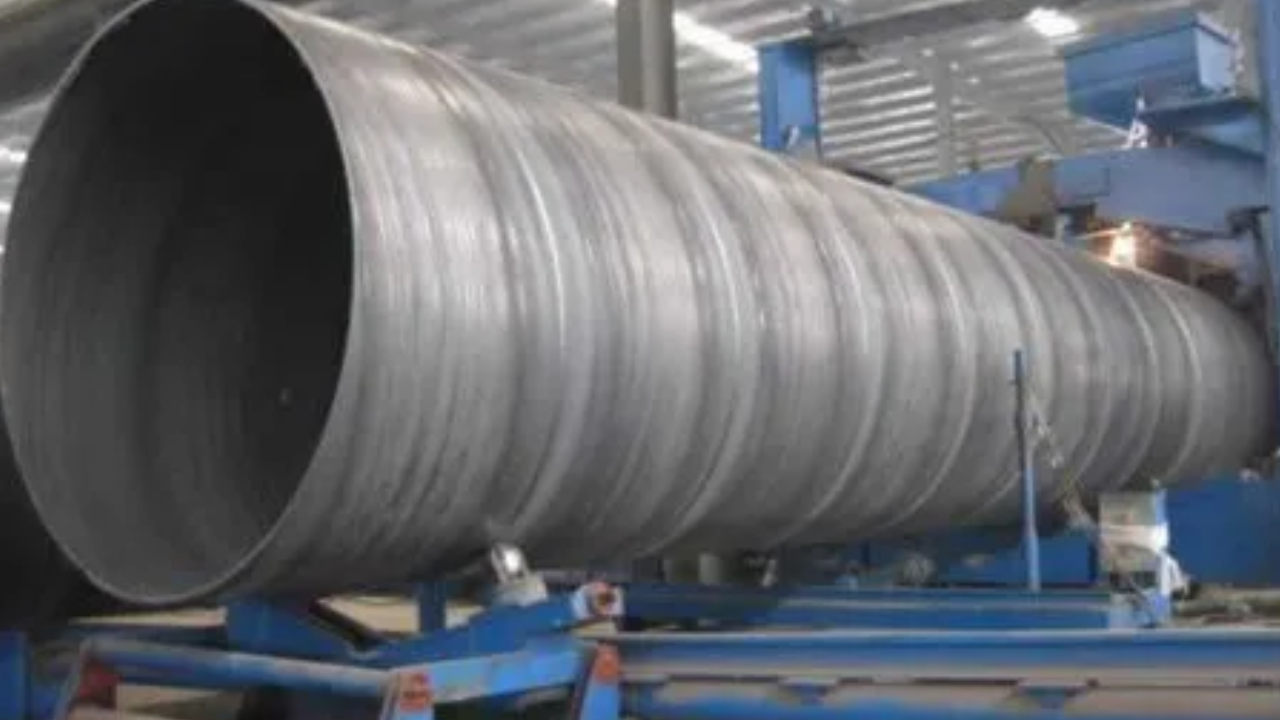Kayleigh shares articles on Society blog. She also blogs about her experiences in the workforce and how she set out to find a career she loved, which led her to work with an ethical employer. maemae believes that life is too short not to enjoy your job, and that there's no shame in pursuing a career you love!

The API 5L pipe schedule chart is necessary to compare the wall thickness of pipes with their small size. This chart assists engineers and project managers in choosing the right pipe for a given pressure and structural need. Higher schedule numbers are indicators of more powerful, more durable walls that can withstand greater pressures.
By using the api 5l pipe schedule chart, one can make sure that pipes are safe, efficient, and appropriate for the use for which they were designed, be it the structural or the transportation of water, gas, or oil. For pipeline systems to be reliable and long-lasting, the schedule chart must be used to guide the selection process.
Significance of Choosing the Perfect Schedule for API 5L Pipes
Deciding on a suitable schedule while choosing an API 5L pipe is important for ensuring the safety, performance, and sturdiness of pipeline structures. Here are several motives why it is crucial to pick out the right agenda for a specific utility:
Strain Managing Capability
One of the number one motives for deciding on the right schedule is to ensure that the pipe can handle the inner strain of the transported fluid. The schedule variety correlates with the pipe’s wall thickness; higher schedules have thicker partitions and hence can withstand higher pressures. The use of a pipe with an insufficient agenda can result in pipe failure due to bursting or cracking underneath stress, leading to hazardous leaks, environmental harm, and loss of lifestyle.
Structural Integrity and Sturdiness
The wall thickness defined through the agenda variety additionally impacts the pipe’s structural integrity. That is specifically critical in packages wherein the pipes are exposed to harsh environmental conditions, heavy equipment, or frequent dealing with. Properly decided on schedules make certain that the pipes maintain their integrity over time, lowering the danger of mechanical failure.
Corrosion Resistance
Pipes are often exposed to corrosive materials, both from the transported fluids or from external environmental factors. Thicker-walled pipes (better schedules) can offer an extended lifespan in such corrosive environments, as they offer extra material to corrode earlier than compromising the pipe’s functionality. This is particularly important within the oil, gas, and petrochemical industries, wherein pipelines often ship corrosive materials.
Compliance with Protection Requirements
Regulatory and protection standards regularly dictate the desired specs for pipes used in numerous programs. Selecting the ideal schedule guarantees compliance with these requirements, which are designed to defend both human protection and the environment. There may be costly remediation projects, shutdowns, and criminal penalties for noncompliance. As a consequence, following an appropriate agenda that conforms to industry standards is important for both regulatory compliance and protection.
Optimizing Price and Performance
At the same time as selecting a higher schedule number can offer additional strength and sturdiness, it additionally increases the fabric fee due to the thicker walls. Conversely, choosing too low a schedule to reduce expenses can result in frequent preservation, repairs, or replacements, in the long run growing the general price. Consequently, it’s vital to stabilize the preliminary funding with long-term operational expenses by way of choosing the appropriate agenda that meets the utility’s demands without over-engineering.
Thermal Growth and Contraction
Pipes extend and contract with temperature adjustments, and the wall thickness can affect how much a pipe can effectively make bigger or larger pieces without compromising its integrity. Thicker-walled pipes can better take care of these thermal stresses, lowering the threat of cracks or leaks as a result of temperature fluctuations.
Assist and Set up Considerations
Thicker-walled pipes are heavier and can require greater sturdy assist systems and installation techniques. Properly selecting the schedule guarantees that the aid infrastructure is satisfactorily designed to address the load and stress of the pipes, stopping sagging or joint failures.
Bottom Line
Selecting the correct agenda for an API 5L pipe is important for making sure that the pipeline machine operates correctly, effectively, and economically. By choosing the precise schedule engineers and mission managers can layout and implement pipeline structures that meet operational demands whilst minimizing dangers and prices.
